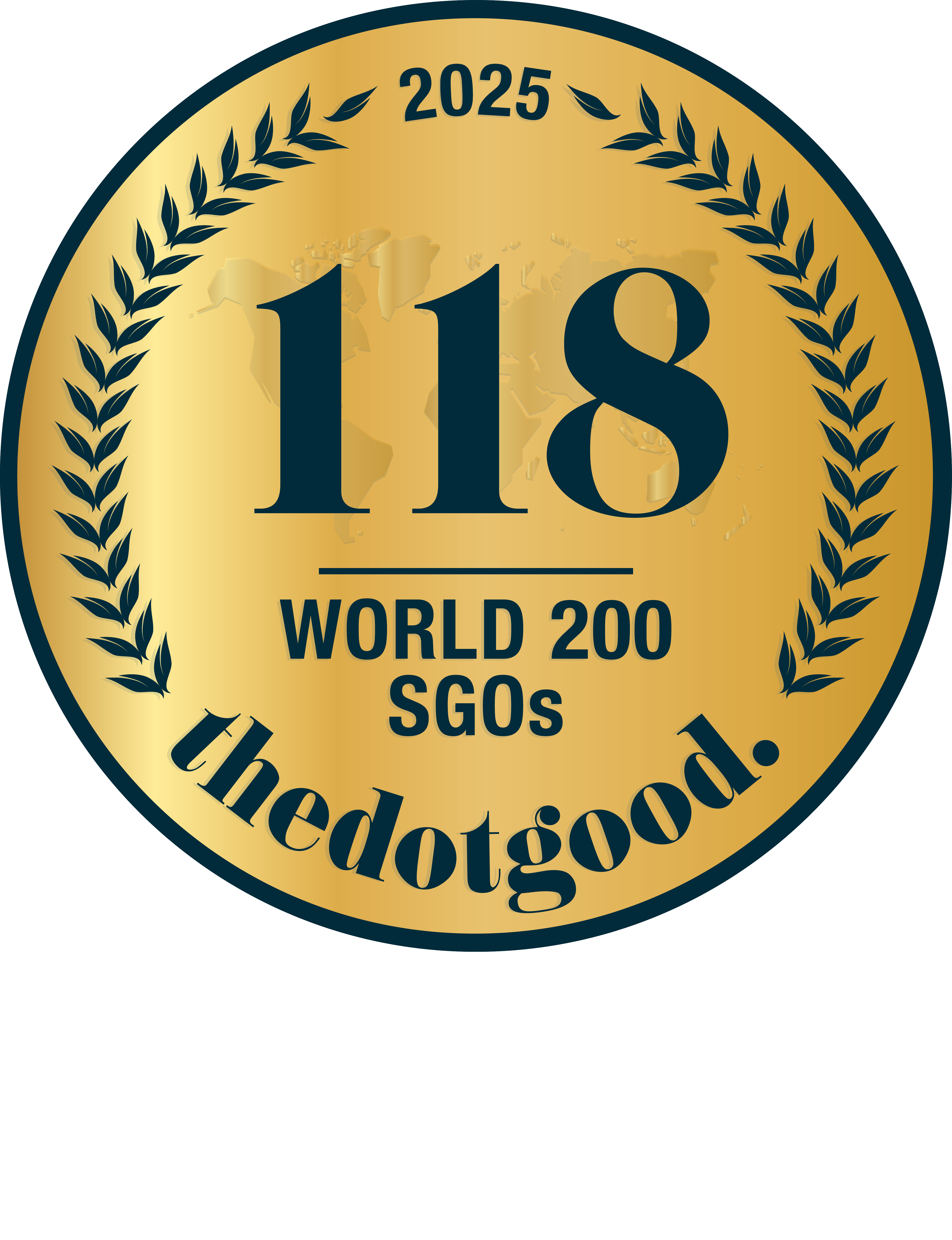The work of Amigos do Bem began at Christmas 1993, with a small group of friends from Sao Paulo who, touched by the situation of misery in the Brazilian northeastern dryland, mobilized to help the region. Led by Alcione Albanesi, the initiative has become one of the largest social projects in Brazil, and now regularly serves 150 thousand people – 30 thousand families living in 300 villages in the state of Alagoas, Ceará and Pernambuco. In order to combat hunger and misery, Amigos do Bem promotes the transformation of thousands of lives through access to food, water, health care, housing, education, and work and income generation; projects that develop the human potential and in its regions.
The institution created a Sustainable Social Development Model, a virtuous cycle of transformation that can be replicated. In this model, productive units were built in the Brazilian northeast, according to the regional characteristics. In addition to generating work, income and local economic development, every resource obtained through the sale of its 100% charitable products is destined to socio-educational projects, which bring education to 10,000 children and young people. Thus, it is possible to stimulate direct and indirect social development, in addition to promoting the transformation of lives as well as having a significant positive social impact.
The Amigos do Bem National Institution Against Hunger and Misery is a civil nonprofit nonpartisan association, of a welfare nature. Its attribution is the promotion of citizenship and the confrontation of the inequalities through social assistance projects that aim to support people in state of extreme social vulnerability with no distinction of race, sex, color, age, religious or political creed to ensure the universality of care. The institution aims to develop free ongoing assistance programs, permanent and planned services, defense and guarantee of rights. It also aims to promote the person, under equal conditions, through the practice of actions that objective to eradicate poverty; strengthen affective bonds; develop teenagers, adults and children’s autonomy; reinforce social movements; promotes access to education; and promotes integration of adults into the labor market.



